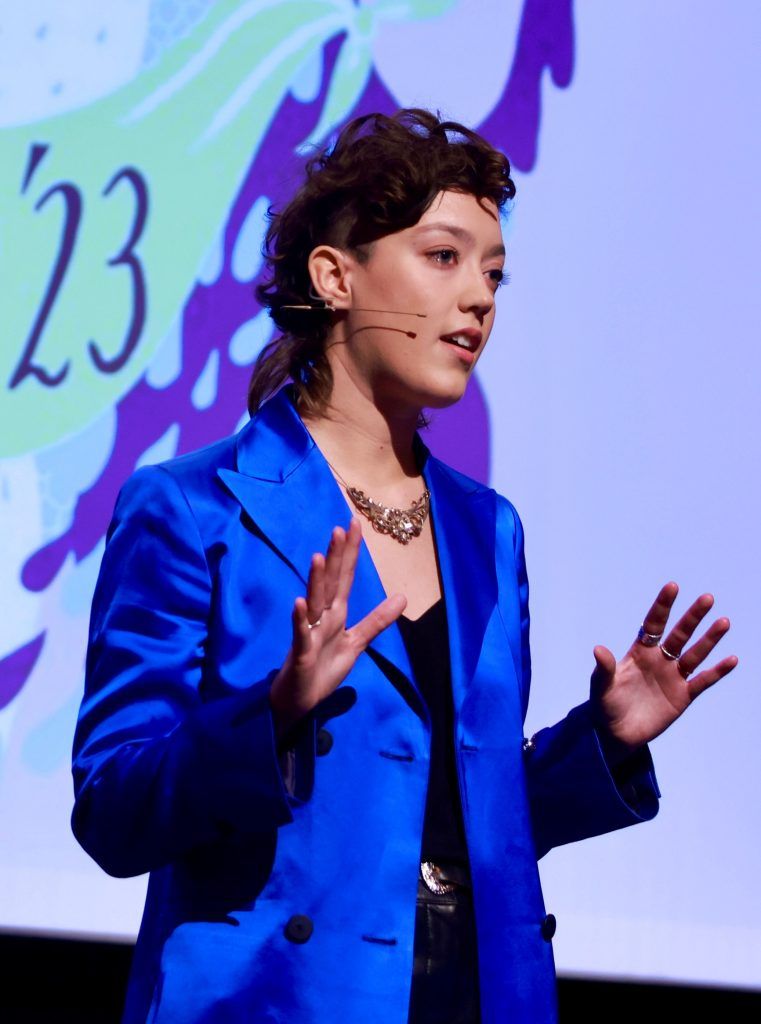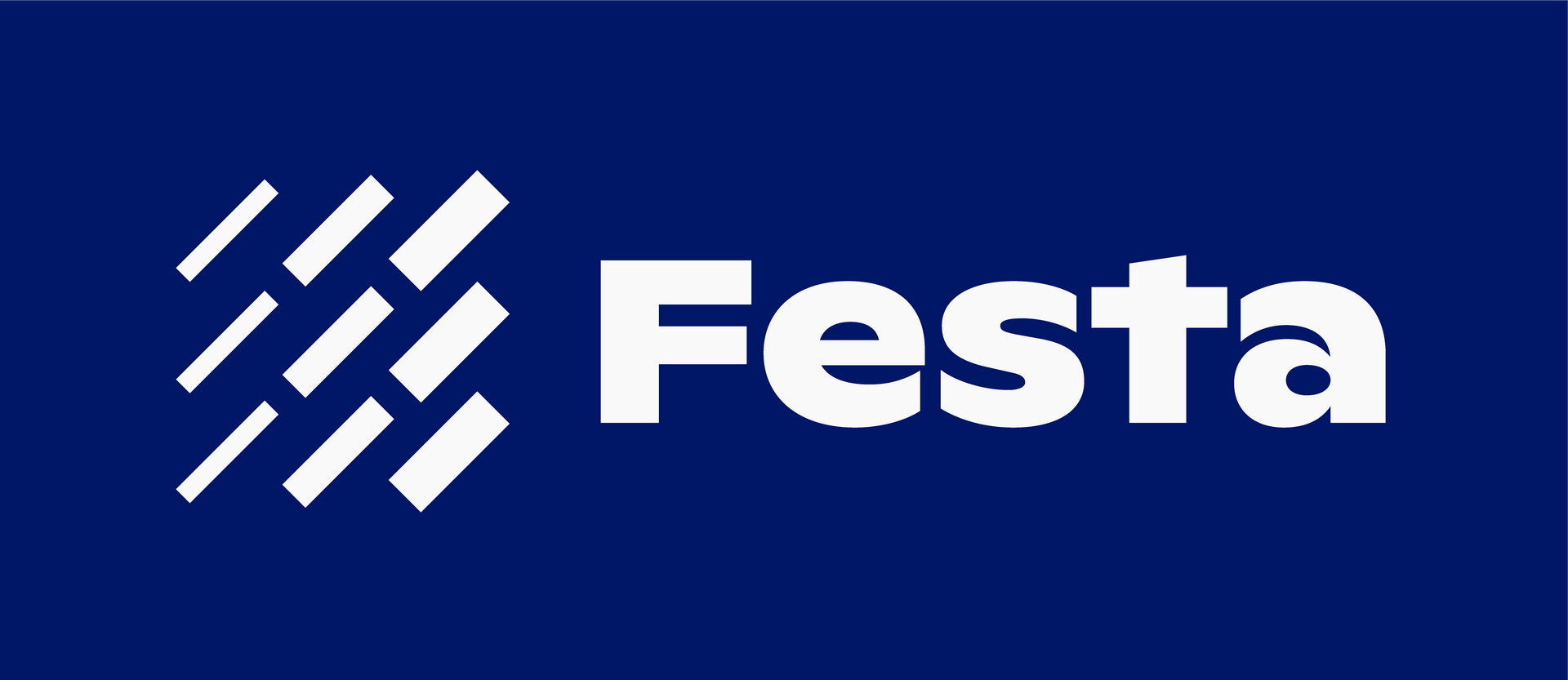February 17, 2023

Speech by Tinna Hallgrímsdóttir, President of Young Environmentalists, at the Festa 2023 January Conference. Published in the Festa newsletter in February 2023.
Achieving the goals of the Paris Agreement requires a transformation that reaches all corners of society and the economy. The business world plays a key role in this, but then the question arises:
Hvað þurfa fyrirtæki að gera til að stuðla að því að við takmörkum hnattræna hlýnun við 1.5 gráður?
Svarið er lengra en kemst fyrir í þessum greinarstubbi, en hér eru nokkrir grunnpunktar sem við ættum öll að geta tileinkað okkur:
Mælið kolefnissporið ykkar
The first point is obvious: measure your carbon footprint! But as obvious as it is, most of us have come a very short way.
It is no longer enough to just measure the extent of 1 and 2, and then maybe waste, aviation and transportation, and call it good.
Now we need to go further and analyze the entire value chain. Where are the real climate impacts of your operations?
Vaktið kolefnisbókhaldið
Measurement only gets us halfway, because what matters most is what we do with this data once we have it in our hands.
Því miður er í mörgum tilvikum einungis dustað rykið af kolefnisbókhaldinu einu sinni á ári þegar ráðast á í sjálfbærniuppgjör, og bregður fólki oft í brún þegar það sér niðurstöðurnar.
Carbon accounting should have the same place as financial accounting. We should monitor it regularly, use it as a basis for decision-making and to ensure that we achieve our goals.
Setjið ykkur metnaðarfull markmið
In the current situation, nothing else makes sense but to set the bar high. But when ambition is demanded, voices of skepticism are often heard: aren't these demands too radical, don't we need to be realistic?
Mikið rétt, en það óraunhæfasta í stöðunni er að skorast undan áskoruninni og dæma sig þannig sjálf úr leik þegar á líður – því eina mögulega hagkerfi framtíðarinnar er lágkolefnishagkerfi.
Lágstemmd markmið eru því hreinlega ekki í takt við raunveruleikann.
A little inward
We also all need to do a little navel-gazing and look inward. It is not enough to look at the emissions accounting, you also need to look at the business model. Is your core business harmful to the environment and biodiversity?
It is not possible to make a living while being overdrawn by nature. That debt never goes away, it is just that someone else has to pay the price, like the millions around the world who have become victims of disasters caused by climate change, your descendants or future generations.
Valið er okkar
This decade will be the most crucial in human history. How well we reduce emissions in the coming years will have a decisive impact on the chances of future generations to live a prosperous life. I think we all want to be able to look back and say with certainty that we have done everything in our power to address this greatest challenge facing humanity. The choice is ours, and there is work to be done.
Tinna Hallgrímsdóttir, President of Young Environmentalists and environmental and natural resources expert.




